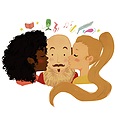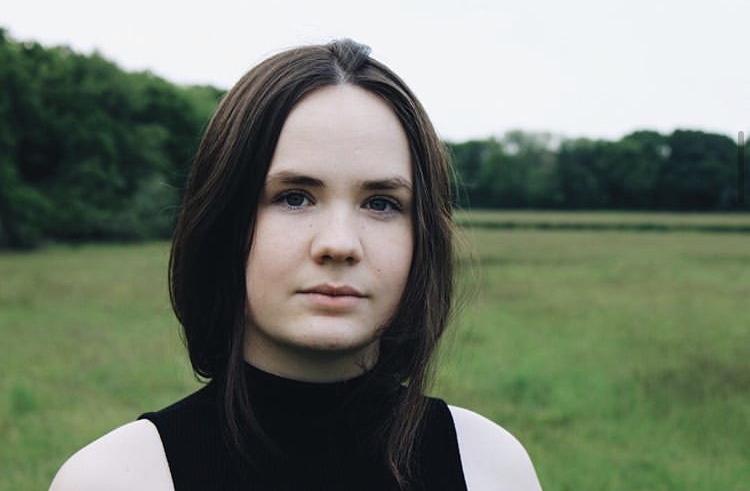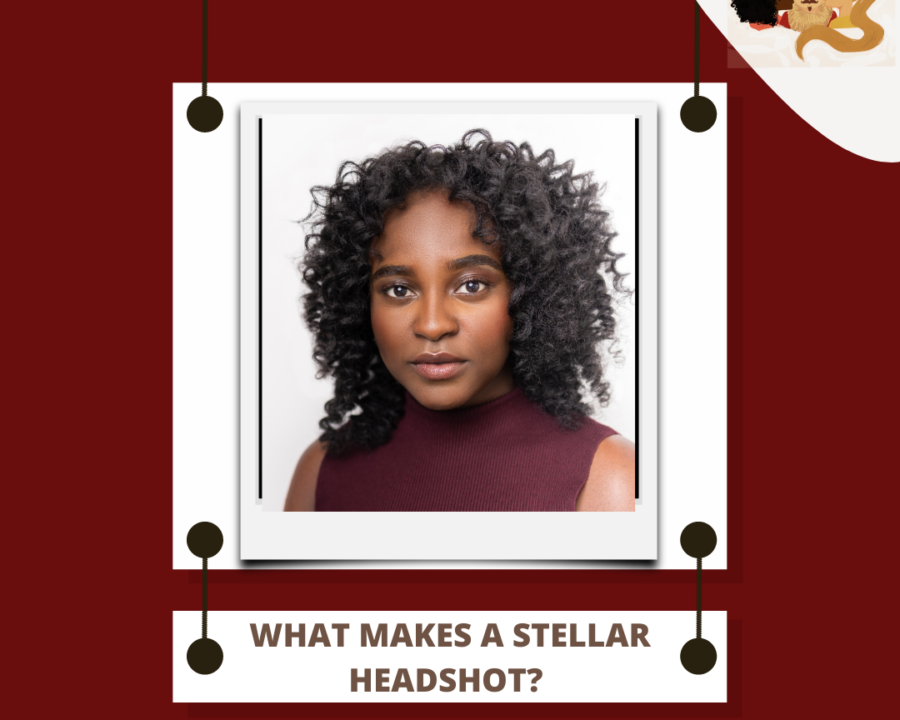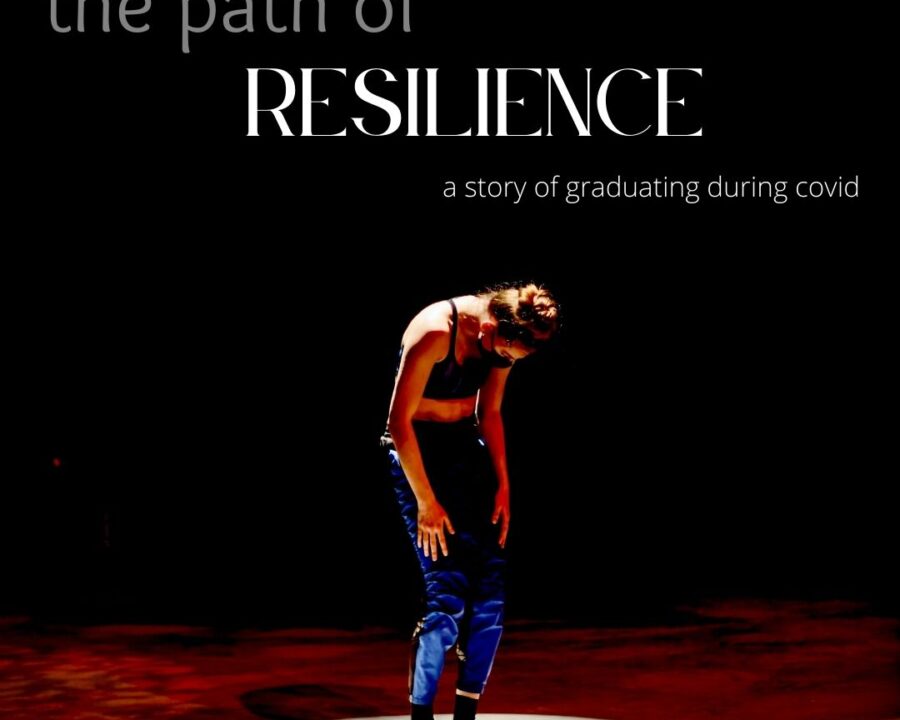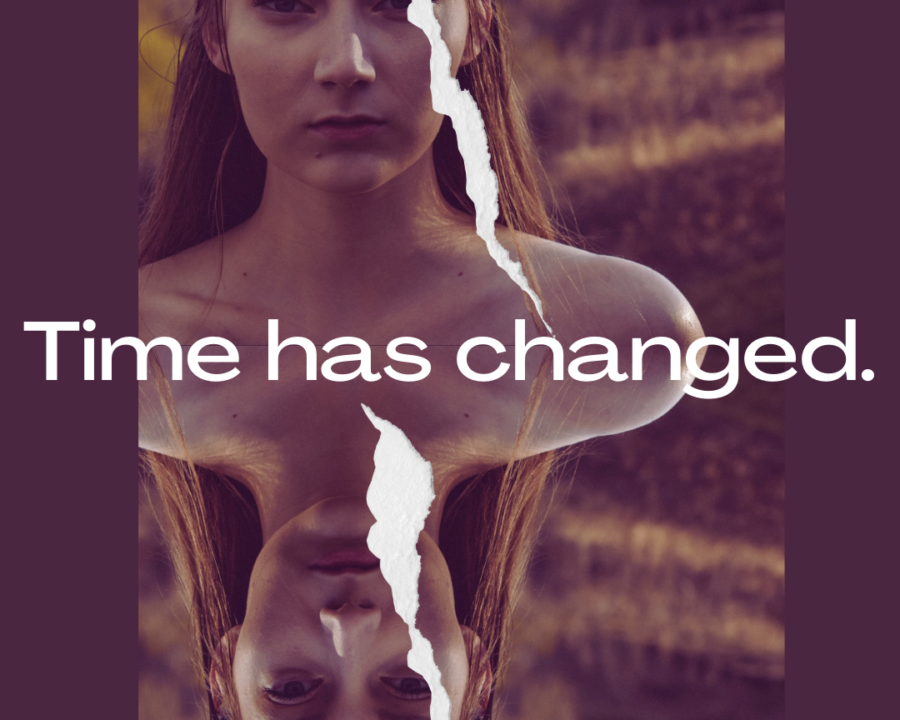
SHAKESPEARE’S SECRETS QUIZ
June 12, 2020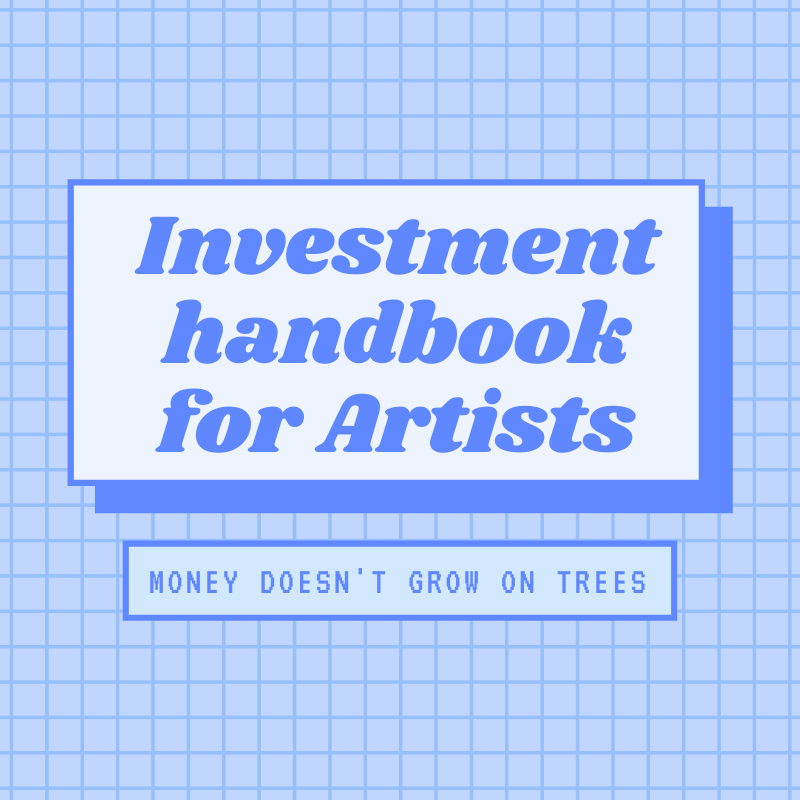
TUESDAY’S TEA
June 16, 2020Bethan Short is an emerging academic and creative writer at Exeter University. Short pursues all Literature from investigating the use of critical language in society to working on screenplays (waiting to be put into motion). Short has a powerful voice and writes stories that will be remembered for years to come.
The passion for English Literature.
How did you get into the literary arts?
In all honesty, I decided that I wanted to do English at Cambridge University when I was 14 years old. (Which I don’t do, I’m not at Cambridge University just to clarify). The reason I said that I wanted to do that was because a lot of popular comedic actors in the UK come from Oxford and Cambridge. I wanted a way to get into acting, but you can’t do comedic acting at Oxford and Cambridge. I wanted to get into comedic acting but also follow my academic interests. I didn’t really like English, not much at school, but I respected the subject a lot, and I did like reading. So I didn’t really make that decision when I was that young because I loved English. I did it because I thought people would respect that choice. Then when I was 14 or 15 years old, I read Jane Austen – who is the academic love of my life (there’s a possibility that I might be an incarnation of her because I am born in the same town so make of that what you will) I read Jane Austen, and I just loved it a lot, a lot, a lot.
How did English affect your life?
I think it taught me a lot of things academically, and personally. I think people don’t think that you gain from English. It’s a really good way of learning how to empathize with people because you have to picture themselves into another human being’s perspective another human being story, and you have to imagine their lives and lives that. Accept their faults because you are put into their situations -so I think I don’t think I was born with a lot of empathy, but hopefully, I’ve gained some through my study of English Literature. Now I’m at Exeter studying English Literature, and I can’t imagine myself as anything else – I very much identify as an English literature student. I love most other English teachers and students, and I feel very strong connections with them. I think it’s a really great subject because it’s such a personal thing as well. For example, if you’re a math student, you’re not always going to get on with another math student – you can’t go up another math student and ask, “what’s your favourite equation.” Whereas if your an English student, and find another English student, you would go up and ask, “what’s your favourite book?”. English is a hobby and a subject, so I really, strongly identify with it. I am so glad 14 year old me made a very immature decision about trying to get one career through another career (Comedic acting through English Literature).
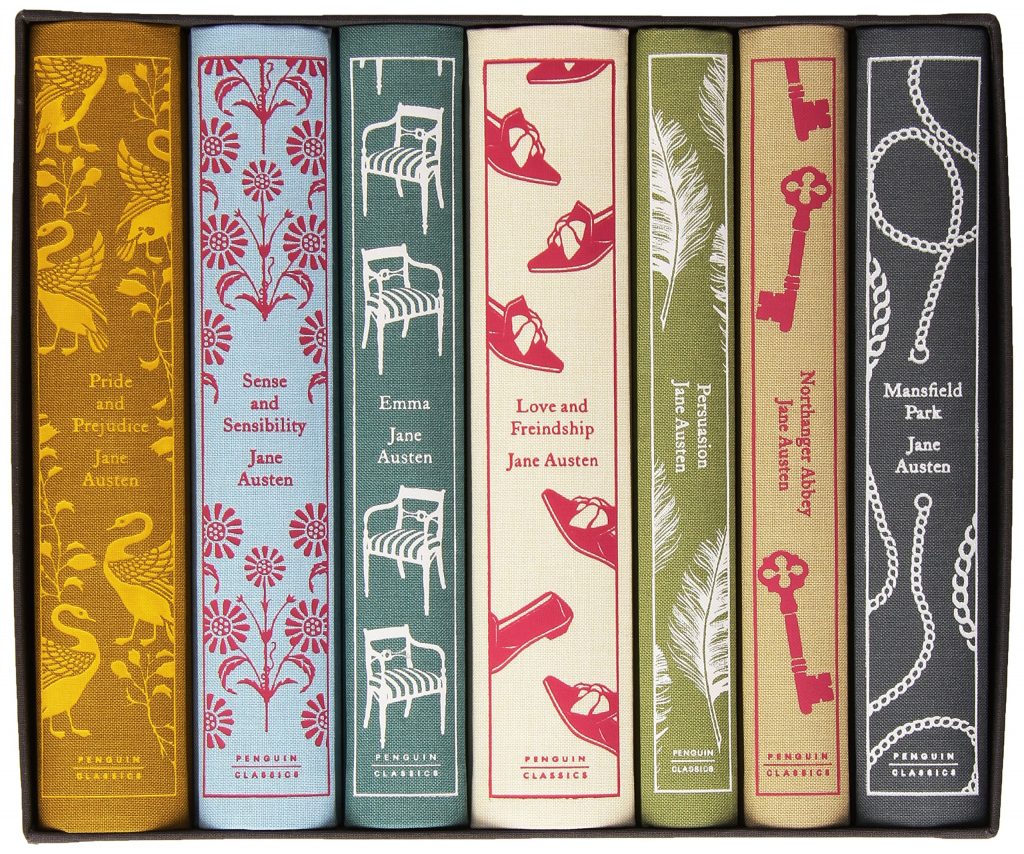
Language attached to COVID – 19.
Is the language we are using problematic?
Language has such an impact on the world in politics. It’s so important to think about discourse for example ( I don’t know if it’s the same in Canada but in the UK) A lot of this talk about coronavirus is using a very militaristic language. Language as if we are in a war, as well as a very nationalistic language. It’s very patriotic, which makes me suspicious. They talk about “the front line” a lot, and in some ways, they are – very brave undoubtedly, and putting their lives on the line. But to compare it to a war, I think it is inaccurate because a war suggests a “goal,” war suggests an “ideology” usually two opposing ideologies and conflict. COVID-19 isn’t that at all. This virus is not ideological or political, and it makes me question why they are using that language? I don’t know if it’s productive, and I especially don’t think that the sort of language around nationality is productive at all because what’s that doing is reinforcing these borders that we just made up. (I don’t know if it’s the same in Canada but in the UK) We are getting a lot of “Britten is okay” or “Brittan will get through this,” “Brittan has won two world wars we can go through this” – if Brittan sorts out coronavirus, it doesn’t matter. If we sort it out and the rest of the world isn’t okay, it doesn’t matter. It doesn’t help. This is a global crisis, the imaginary boards that we’ve made up between France and Germany – the virus doesn’t care.
I love the NHS (national health service), and it is something we are very proud of, but I don’t know if it’s constructive to think about things nationally because It wouldn’t matter at the end of the day the rest of the world is going to struggle.
I sound like a weird conspiracy theorist, but I do think language has that power, and we need to be aware of it.
Writing.
How do you channel your voice as a writer?
I’ve been told that I have a very strong voice in my writing, and I think that’s because I write from my own experiences. It’s just me. I sort of write down how “I” would tell a story. I think it’s very blunt, I really do try not to mince my words, and I do that in my academic writing as well, which some professors love and some hate. One of the things that I pride myself in (especially in my academic writing) is that I really want my reader to fully understand what I’m saying about a text. I don’t want to use all these words that people don’t know unless you study English because what’s the point? A lot of lectures (professors) like that because it makes you sound clever, but I would rather sound – well risk sounding simple. I get a clear message across and say what I mean.
It’s the same in my creative writing as well. I don’t try to think about metaphor too much. I don’t think my writing particularly technically proficient. I want to be honest, and I try to use language in an honest way (usually a sarcastic way). I don’t think my writing is beautiful. I don’t know how to write in a “flowery/decorative” way. I swear a lot, and that’s probably part of it – I quite like swearing, I think it gets to the point. I know people think it’s stupid, but I think it’s such an interesting way to express feelings. The word “fuck” could mean absolutely anything. It’s very expressive. If someone tells you to “fuck off,” you know what it means.
Shout out.
What book do you recommend?
Normal people by Sally Rooney – I hated seeing a book that much, I felt that it was forced on me it was showcased in our version of “chapters” constantly. Then I watch the program they made for it, and I was like O M G, it was so complicated and beautiful, and I loved it so much, so I ordered the book. I tore through the book – I highly recommend it. Oh, and watch the adaptation do both, (i don’t want to hear anyone say “read the book first” because that’s a whole different debate)
Reminder
This week for Storytime, we will be publishing one of Bethan’s short stories, make sure you come back and give it a read! You won’t regret it.

-Follow Bethan and her journey- Instagram : https://www.instagram.com/bethan_short/
Let us know what you thought about her story! Are you excited about her story being showcased on Wednesday? We know we are! Let us know,
